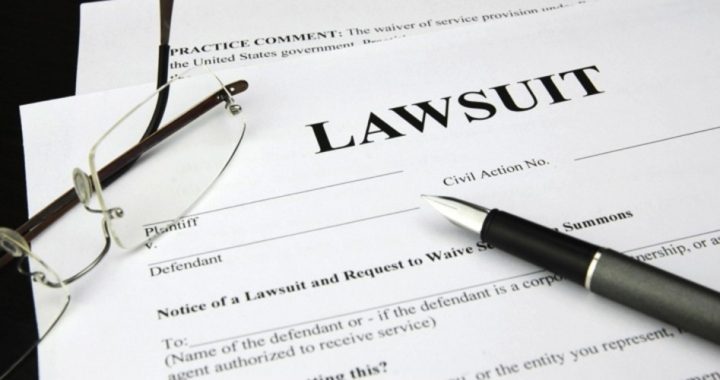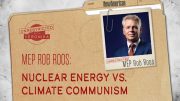
President Obama’s Treasury Department is facing a lawsuit for stonewalling a Freedom of Information Act (FOIA) request relating to a planned carbon tax on fossil fuels. The Competitive Enterprise Institute (CEI), a watchdog group focused on energy and environmental regulations, filed suit Tuesday in U.S. District Court in Washington, D.C., announcing in a press release that it expects Obama’s congressional cronies to propose the tax in the upcoming lame-duck session.
Obama’s plans for a carbon tax lost steam two years ago when, after passing the House, cap-and-trade legislation stalled in the Senate where Democrats realized the political suicide of raising gas and utility prices further. The lame-duck session provides fresh opportunity. Senate Majority Leader Harry Reid (D-Nev.) expressed his intent the day after the election: “It’s something, as we’ve seen with these storms that are overwhelming our country and the world, we need to do something about it.”
CEI says the American Enterprise Institute, a Washington think tank, has been working hard in recent months to rebrand the tax as a conservative alternative to other global-warming regulations. The New York Times and Washington Post have both recently announced their support of plans to tax fossil fuels. Ironically, the Congressional Budget Office published a working paper, “Offsetting a Carbon Tax’s Costs on Low-Income Households,” on Tuesday, the same day CEI filed suit.
CEI made its initial request last August, asking for e-mails from the department’s Office of Legislative Affairs and Office of Environment and Energy. CEI asked for correspondence containing the word “carbon.” The Treasury stymied the request with a series of confusing responses, illegally ignoring FOIA deadlines and charging CEI with photocopying fees for records in electronic form. According to the suit, the Treasury Department based its denial on the allegation that CEI had “not shown that disclosure would significantly inform the public about operations or activities of government.” CEI countered that claim by quoting its own appeal describing the carbon tax as
an agenda that the president stated was designed to cause electricity prices to “necessarily skyrocket” and “bankrupt” politically disfavored industrial activity, comments made to the San Francisco Chronicle editorial board on video that led to a major legislative and political defeat in 2009, and a presidential acknowledgement that he would find “other ways to skin the cat.”
“It’s possible this office, whose sole purpose was to manage a cap-and-trade or carbon tax program was despairing, in thousands of emails, why people no longer use carbon paper,” quipped Christopher Horner, CEI senior fellow, mocking the Office of Environment and Energy’s excuse. “Otherwise, it seems we have an enormous history over the past year of discussions with lobbyists, pressure groups, contributors and maybe even Republicans about how to impose this massive new energy tax.”
This is not the first time CEI has fought the Treasury Department over a global warming tax. In 2009, after another FOIA blockade and ensuing lawsuit, CEI obtained Treasury documents revealing Obama’s cap and trade plans would cost the average household $1,000-2,000 per year in added energy consumption costs.
“Although President Obama repeatedly promised openness and transparency in government, even liberal watchdogs have despaired that his has become one of the most secretive administrations ever,” said Horner. “This shameful lack of transparency must stop, beginning with the administration coming clean about its effort to impose a massive, harmful new energy tax.”
Related articles:
Talks of Carbon Tax After Hurricane Sandy
Regulators R Us: Feds Crank Up Regulations — on Everything




